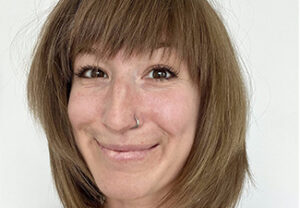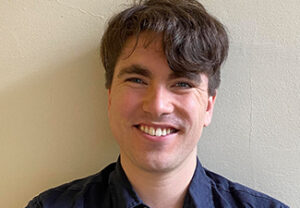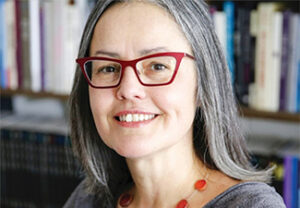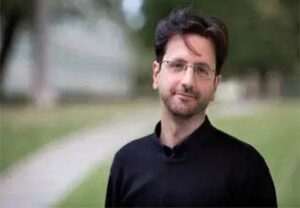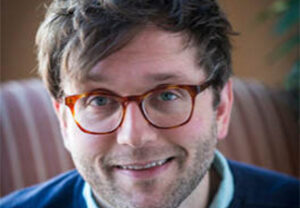Rahul Kumar, a professor and department head at Queen’s University, primarily studies non-consequentialist ethical theory, with particular focus on the strengths and pitfalls of Scanlon’s contractualism.
Gina Schouten, a professor at Harvard, primarily studies issues of social and political philosophy and ethics. Her most sustained research projects concern political liberalism and political legitimacy, educational justice, and the gendered division of labor.
Zoë A. Johnson King, an assistant professor at Harvard, works primarily in ethics, metaethics, and epistemology. She primarily concerns herself with moral agency and moral responsibility, with a particular focus on praiseworthiness.
Jessica Isserow, an associate professor of Philosophy at the University of Notre Dame, pursues main research interests in metaethics, normative ethics, and moral psychology.
Nate Oppel, a graduate student in the Department of Philosophy, will give a talk on our intentional capacity to revise beliefs, while Stacy Chen, also a U of T graduate student in Philosophy, will address in her lecture reasonableness in medical decision-making.
Daniel Muñoz is an assistant professor of Philosophy at the University of North Carolina, where he also forms part of the core faculty of the Philosophy, Politics, and Economics Program. His work mostly counts as “normative ethics,” which means it’s too concrete to be “meta,” but not concrete enough to be useful. He is writing a book called “What We Owe to Ourselves.”
Robin Zheng, a lecturer in Political Philosophy at the University of Glasgow, has research interests ranging across ethics, moral psychology, feminist, social, and political philosophy. She focuses especially on issues of moral responsibility, structural injustice, and social change, with emphasis on issues of gender, race, and social inequality.
Valerie Tiberius, a professor of Philosophy at the University of Minnesota, focuses her research and teaching on ethics and moral psychology, with a special interest in applying Humean principles to modern philosophical questions. Much of her work is centered at the junction of practical philosophy and practical psychology, examining how both disciplines can meaningfully improve lives.
Mark Schroeder (Southern California) works on areas of philosophy in some way connected to metaethics. He is interested in the ways in which rationality, reasons, value, and other “evaluative’” or “normative” categories are related to the mundane, physical world in which we live, in which things are round, red, or left of one another. For example, are there really facts about what is rational or not, to go along with the facts about what is round or not?
Nicholas Vrousalis, an associate professor of Practical Philosophy at Erasmus University Rotterdam, works on distributive ethics, democratic theory, and the history of political philosophy, with an emphasis on Kant, Hegel, and Marx.
Christopher M. Howard, an assistant professor of Philosophy at McGill University, mainly works at the intersection of normative ethics and metaethics. He also enjoys writing and talking about issues in political philosophy, moral psychology, and the history of ethics, as well as issues surrounding the ethics of technology.
Jonas Vandieken, a postdoctoral fellow in the Department of Philosophy, works primarily in ethics, meta-ethics, and political philosophy.



